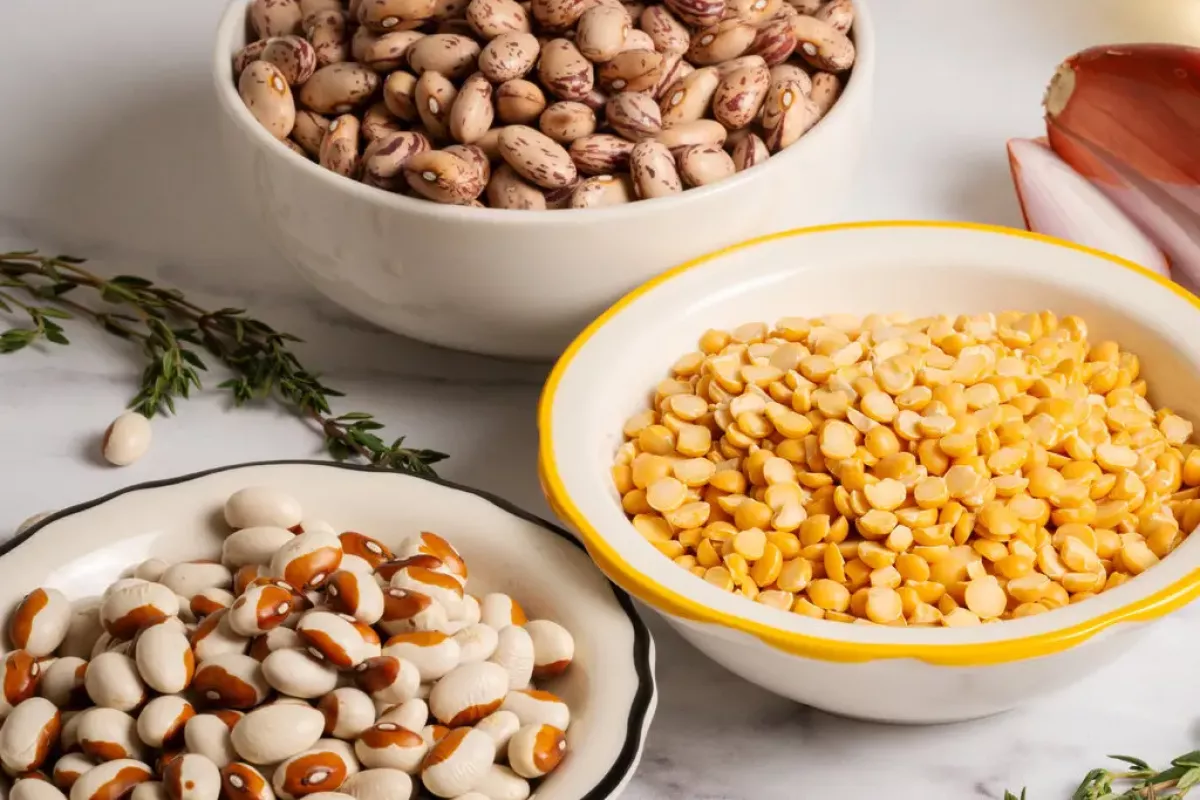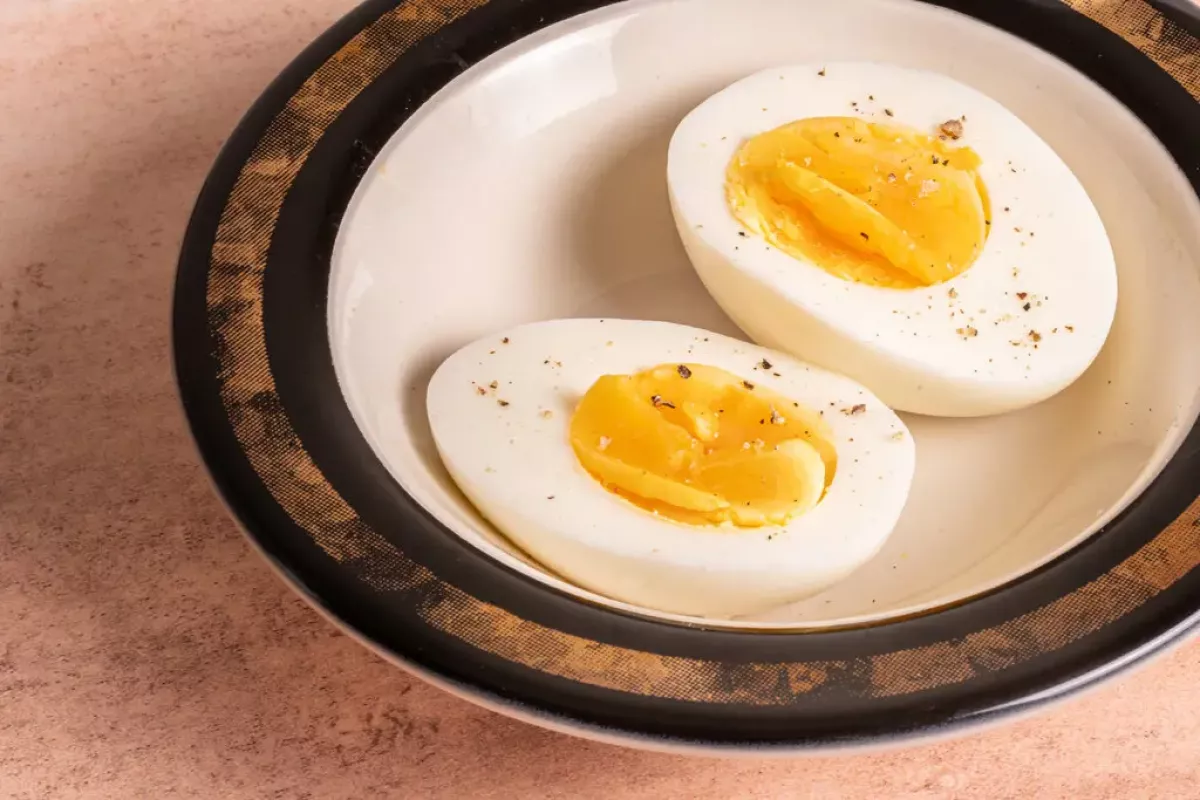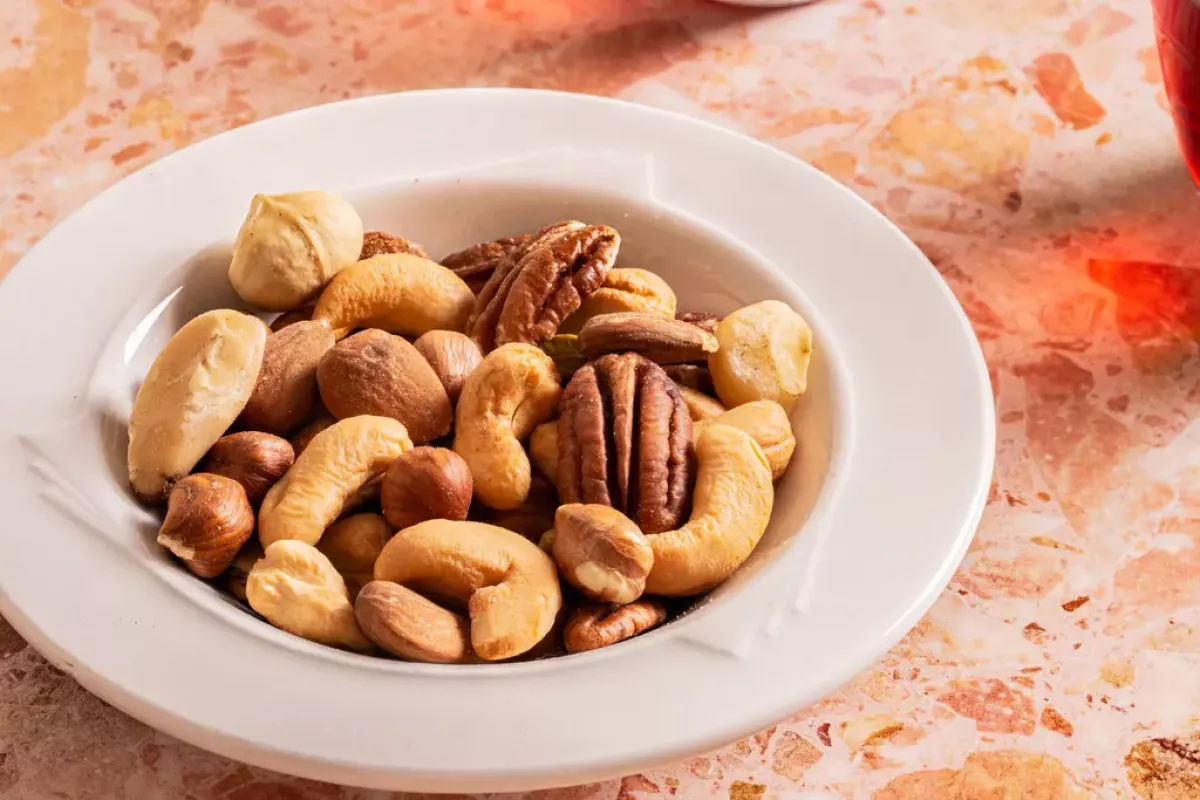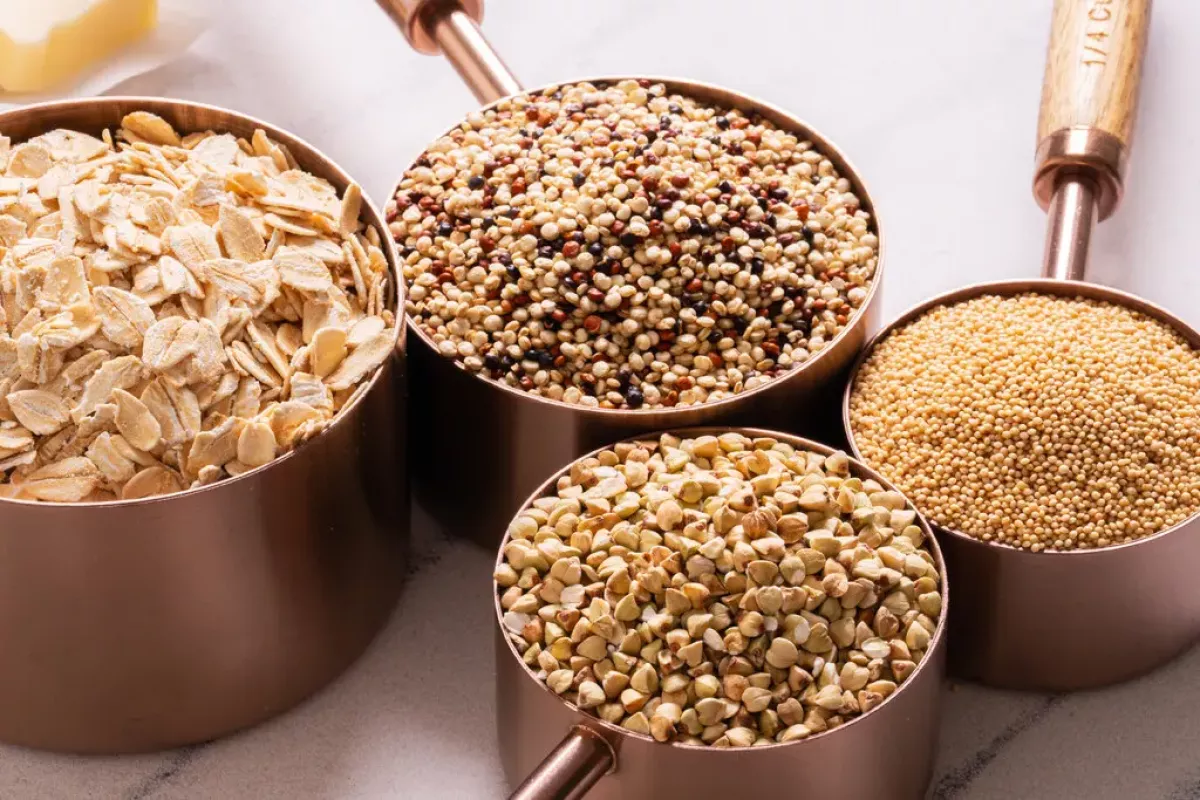From beans to fish: Expert-approved protein swaps for healthier, sustainable lifestyle
In a recent article, The New York Times highlights that scientists have long acknowledged the negative health effects of consuming red and processed meats, linking them to a higher risk of heart disease, certain cancers, and premature death.
Research suggests that swapping meat for plant-based protein alternatives, such as legumes, nuts, and whole grains, can lead to better long-term health outcomes.
These plant-based protein sources are not only good for your health but are also more environmentally sustainable and often cost-effective. Sara Elnakib, a dietitian at Rutgers University, points out that many people view healthy eating as expensive, but it doesn’t have to be. “Plant-based proteins like canned beans or microwaveable whole grains are easy to incorporate into your diet and can be very affordable,” she says.

One such plant-based protein is legumes. Beans, peas, lentils, and peanuts are low-cost, nutritious, and packed with protein. For example, a half-cup of cooked lentils contains nearly nine grams of protein. Rich in fiber, antioxidants, and essential vitamins, legumes also contribute to heart health and help lower the risk of Type 2 diabetes. Anna Herforth, a nutrition expert at Wageningen University, highlights legumes as an environmentally friendly protein source, using fewer resources compared to animal-based proteins.

Eggs, while currently costly, are another great protein source when available. Providing six grams of protein per egg, they are nutrient-dense and versatile for a variety of meals. Dr. Wolfson suggests incorporating them into dinner or adding hard-boiled eggs to vegetable-based dishes.

Fish, especially oily varieties like salmon and sardines, are excellent protein sources that also provide omega-3 fatty acids, which are beneficial for heart health. Dr. Qi Sun from Harvard recommends choosing low-mercury fish to maximize health benefits.

Low-fat dairy products like milk, yogurt, and cottage cheese offer high-quality protein and other nutrients such as calcium and vitamin D, essential for bone health.

Nuts and seeds, which are often overlooked, offer protein, fiber, and healthy fats. They are easy to incorporate into meals or snacks, supporting heart health and regulating blood sugar.

Finally, whole grains like quinoa, oats, and buckwheat are rich in protein and essential vitamins. Dr. Elnakib shares her experience of gradually replacing white rice with quinoa to improve her family’s diet.
Experts agree that shifting toward plant-based protein sources is a healthy, sustainable, and affordable choice for individuals and the environment.
By Naila Huseynova








